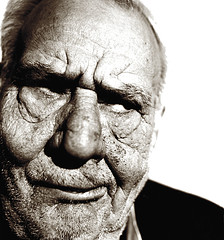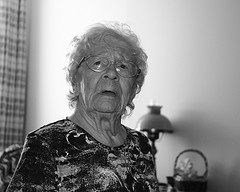“I could not protect the public any longer. There was just a failure to protect the most vulnerable people in our state from abuse and neglect” said (former) investigator for the California Department of Public Health (DPH) investigator Marc Parker of his retirement from the agency that is supposed to certify and regulate California’s nursing homes.
KQED and the Center for Investigative Reporting has an excellent article out today about the failures on the part of the state to investigate and prosecute allegations of neglect and abuse in thousands of California nursing facilities.
 Those of us who prosecute civil cases on behalf of these victims – or, sadly, their heirs – have been experiencing this for years. We all have had cases where the DPH letter arrives saying that the complaint “could not be substantiated” despite overwhelming evidence of wrongdoing. Or the investigator finds some small (and usually irrelevant) “deficiency” when ask to investigate a clearly suspicious death. Or telling the victim’s families to be patient, but knowing full well that the likely hood of a citation against the home, even in the strong cases, was highly unlikely.
Those of us who prosecute civil cases on behalf of these victims – or, sadly, their heirs – have been experiencing this for years. We all have had cases where the DPH letter arrives saying that the complaint “could not be substantiated” despite overwhelming evidence of wrongdoing. Or the investigator finds some small (and usually irrelevant) “deficiency” when ask to investigate a clearly suspicious death. Or telling the victim’s families to be patient, but knowing full well that the likely hood of a citation against the home, even in the strong cases, was highly unlikely.
 California Nursing Home Abuse Lawyer Blog
California Nursing Home Abuse Lawyer Blog






 Limited Dental Care Training and Attention
Limited Dental Care Training and Attention Details of the Documentary Series
Details of the Documentary Series Older Adults Don’t Anticipate Nursing Care
Older Adults Don’t Anticipate Nursing Care
 LGBT Elder Advocacy in California
LGBT Elder Advocacy in California
 Palomar Continuing Care Center—Facility Details
Palomar Continuing Care Center—Facility Details





